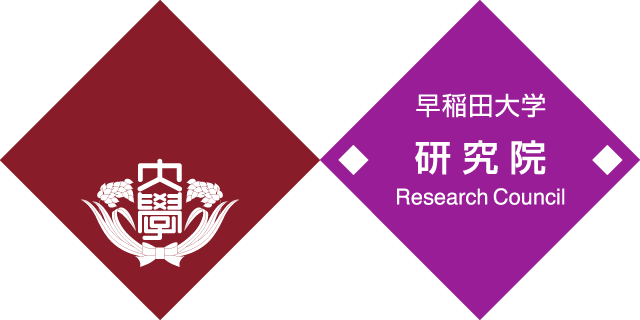The Dynamics of Global Education Policy: The Case of School-Based Management as a Window to the World of Policy Travelling
- Date & Time
October 5, 13:00-14:30 - Venue
Conference room #610 Building #19, Waseda Campus - Speaker
Donald Brent Edwards Jr. (Assistant Professor, University of Hawaii Manoa) - Moderator
Kazuo Kuroda (Professor, Graduate School of Asia-Pacific Studies, Waseda University) - Participation
Free, No registration required - Language
English (No simultaneous interpretation) - Audience
Students, faculty members, and the general public - Hosted by
Waseda Institute for British Studies - Co-sponsored by
Center for the Study of International Cooperation in Education - Contact
ORIS Office: oris-jimu@list.waseda.jp
Abstract
This talk addresses the dynamics of global education policy, or policies that become widely popular around the world. It does so by discussing the political economy of education reform in low-income countries, the ways that reform in these contexts can be leveraged by international organizations, the role that knowledge production plays in legitimating policy reforms, and the process by which experimental reforms become normalized in the field of global education policy more generally.
These issues are broached through examples related to the reform of school-based management, which Dr. Edwards has studied for the past decade in Central America and Southeast Asia. For example, from the context of El Salvador, in Central America, this presentation reveals the hidden history of how the reform known as “Education with Community Participation” (EDUCO) became a global education policy. This reform was well-known because it legally gave the responsibility for key management tasks to a council of five elected parents at the community level. Their responsibilities included such tasks as hiring and firing the teacher and managing the school budget, among other things. What is unique about this presentation is that it shows, first, how the emergence of EDUCO was the result of a mix of structural, organizational, and individual pressures and opportunities and, second, the various “mechanisms” or “pathways of international influence” through which the World Bank and others were able to legitimate and extensively disseminate this model beyond El Salvador.
Recent books on these topics by Dr. Edwards include: The trajectory of global education policy: Community-based management in El Salvador and the global reform agenda and Global education policy, impact evaluations, and alternatives: The political economy of knowledge production(both with Palgrave Macmilan).
Lecturer’s bio
 D.BRENT EDWARDS JR. is an Assistant Professor of Theory and Methodology in the Study of Education at the University of Hawaii, Manoa. Previously, he was a Visiting Scholar at the University of Amsterdam, a Fulbright Scholar at the University of Central America, and a Post-doctoral researcher at The University of Tokyo. His work focuses on (a) the global governance of education and (b) education policy, politics and political economy, with a focus on low-income countries. He has three recent books: Global education policy, impact evaluations, and alternatives: The political economy of knowledge production; The trajectory of global education policy: Community-based management in El Salvador and the global reform agendaand The political economy of schooling in Cambodia: Issues of equity and quality(all with Palgrave Macmilan).
D.BRENT EDWARDS JR. is an Assistant Professor of Theory and Methodology in the Study of Education at the University of Hawaii, Manoa. Previously, he was a Visiting Scholar at the University of Amsterdam, a Fulbright Scholar at the University of Central America, and a Post-doctoral researcher at The University of Tokyo. His work focuses on (a) the global governance of education and (b) education policy, politics and political economy, with a focus on low-income countries. He has three recent books: Global education policy, impact evaluations, and alternatives: The political economy of knowledge production; The trajectory of global education policy: Community-based management in El Salvador and the global reform agendaand The political economy of schooling in Cambodia: Issues of equity and quality(all with Palgrave Macmilan).






